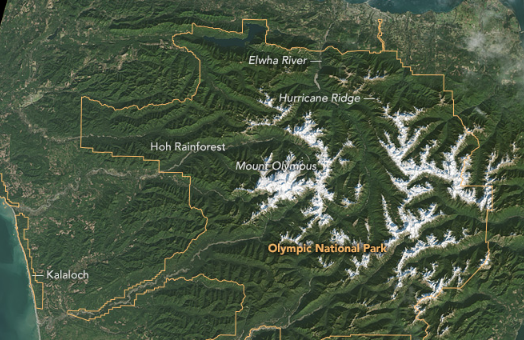Canada
Rayonier Advanced Materials proudly supports The Wildlands League in Ontario and The Société pour la nature et les parcs (SNAP) in Quebec. These are the two community-based chapters organized by The Canadian Parks and Wilderness Society (CPAWS) which are proudly supported by Rayonier Advanced Materials
Boreal Caribou Conservation
Boreal Caribou populations are highly sensitive to disturbances in their ranges and have a low reproductive rate. Much of their habitat was found to be degraded and the species is declining especially in the southern part of its range in Canada.
Protected areas or Conservation Lands
CPAWS Quebec is working to create protected areas in several regions of southern Quebec.
The nature deficit is also more present for populations living in urban areas. Access to natural spaces significantly improves the quality of life of the inhabitants of these highly urbanized centers.
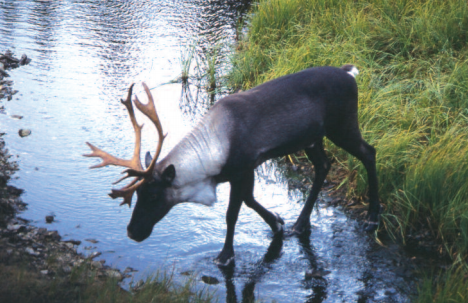
Wildlands League stands for:
- Stronger protection measures in national and provincial recovery strategies;
- Reviewing environmental assessment plans by industry proposing to operate (or that are operating) in caribou country;
- Highlighting threats to boreal caribou in Ontario;
- Producing an annual report on the federal and provincial governments’ progress in caribou conservation;
- Putting forth solutions that protect habitat (see our report on hydro lines in caribou country or our work on the Cochrane Plan in the Abitibi River Forest);
- Working with the forest industry to produce caribou action plans;
- Carrying out field visits to caribou country to better understand stresses on their habitat;
- Supporting the documentation of Traditional Ecological Knowledge by First Nations;
- Supporting new scientific research;
- Talking to scientists to make sure we are applying the latest science on caribou conservation; and,
- When all else fails, going to court.
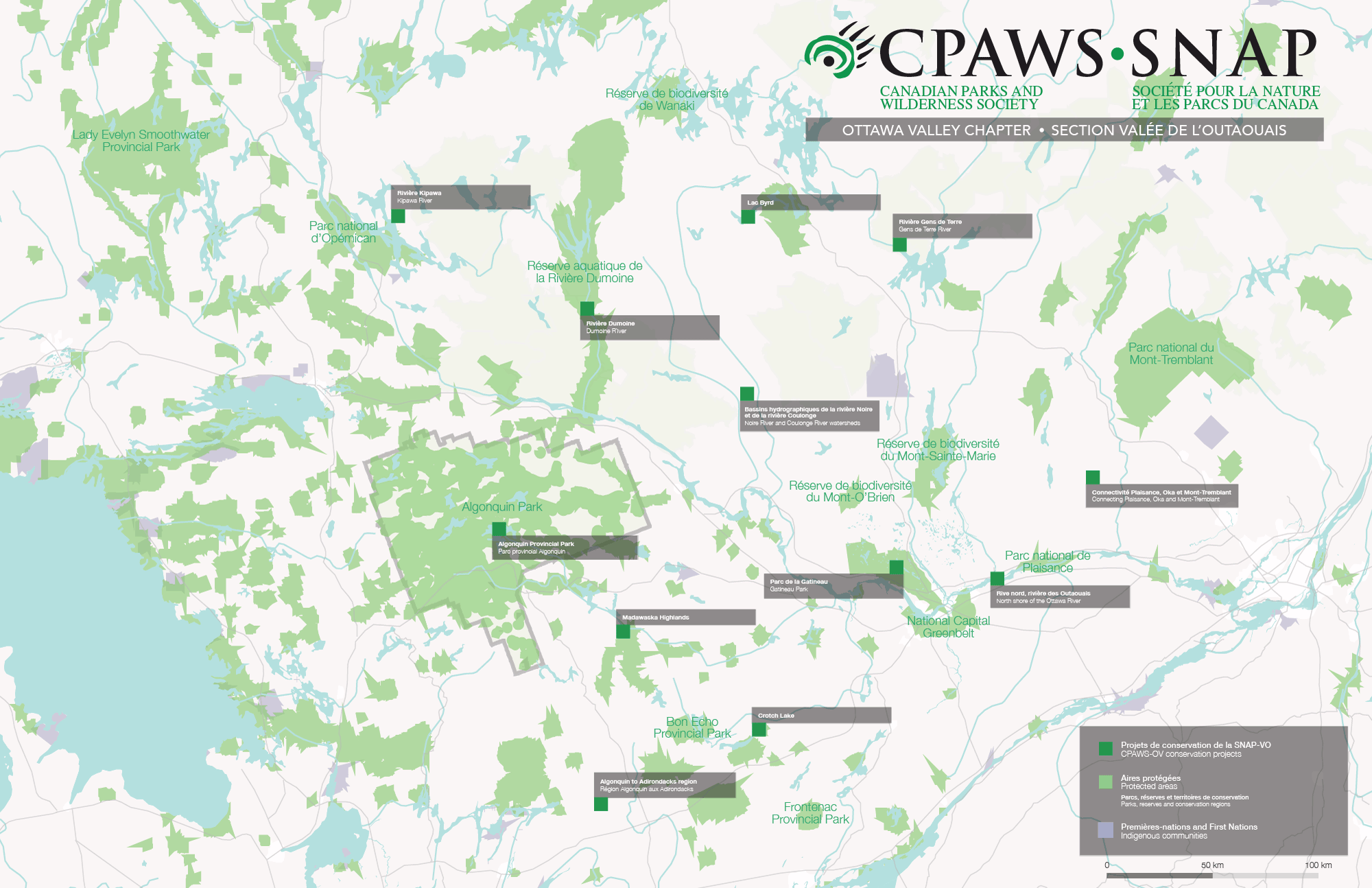
SNAP stands for:
- The protection of our natural environments:
- Forging the environmental leaders of tomorrow by providing immersion in nature to young people from various communities
- Carry out scientific missions in the parks of Quebec in connection with the conservation of fauna and flora species;
- Support CPAWS activities related to the expansion of the network of protected areas in Quebec.
USA
As part their commitment to promote responsible forest practices and to protect ancient and endangered forests, Cosmo Specialty Fiber signed on as a charter member of the Olympic Forest Collaborative. The Collaborative brings together stakeholders from the environmental community, the timber industry, and representatives from federal and local government around shared goals for the Olympic National Forest, while benefiting the environmental quality of our forests and watersheds.
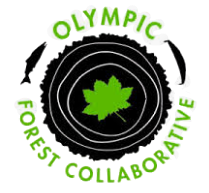
Conservation Goals
Increasing the amount of acres treated and total harvest volume produced in forest restoration projects under the Northwest Forest Plan and increasing the number and footprint of aquatic and other non-thinning related restoration projects.
Creating a framework of agreement on the type and locations of forest restoration treatments that benefit the ecosystem and provide for increased harvest levels under the Northwest Forest Plan.
Improving treatment effectiveness and working to reduce the time and cost required to plan and prepare projects through increased efficiencies for the Forest Service.
Creating a framework of agreement around innovative forest practices, treatments and techniques that integrate ecological, social, and economic goals, and exploring whether the Adaptive Management Area (AMA) established under the Northwest Forest Plan provides an opportunity to test these alternative approaches.
The Wild Olympics Campaign
Cosmo Specialty Fiber was an early supporter of The Wild Olympics Campaign which envisions durable, long-term protection for the Olympic Peninsula’s sensitive forest and river watersheds and wildlife habitats: new Wilderness and Wild and Scenic Rivers designations.
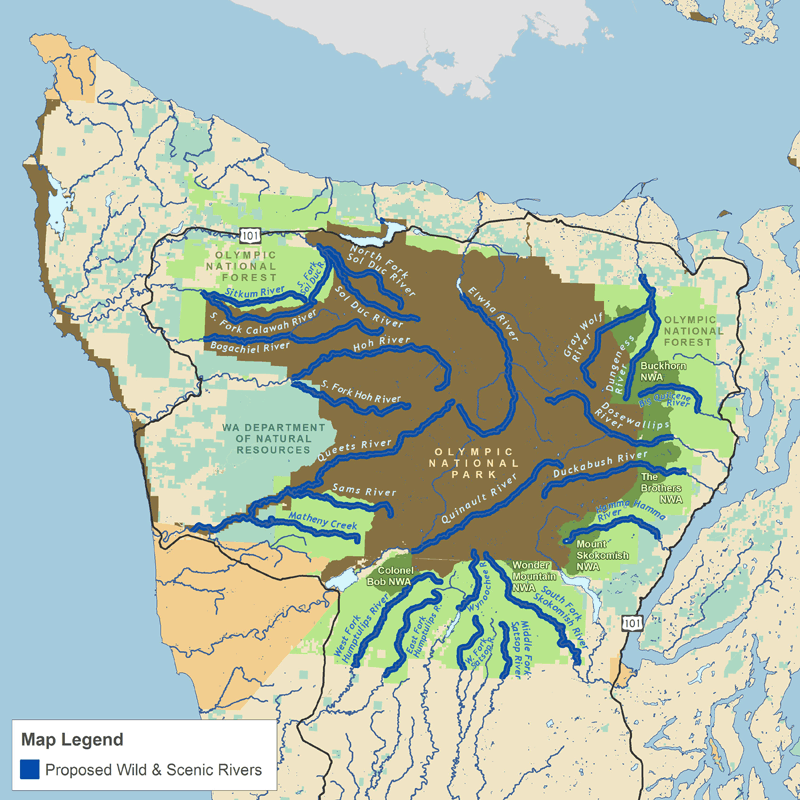
Wild and Scenic Rivers
The Olympic Peninsula’s rivers are quintessential wild and scenic rivers. They are home to some of the strongest remaining runs of wild salmon and steelhead in the Northwest and are the life blood of Puget Sound.
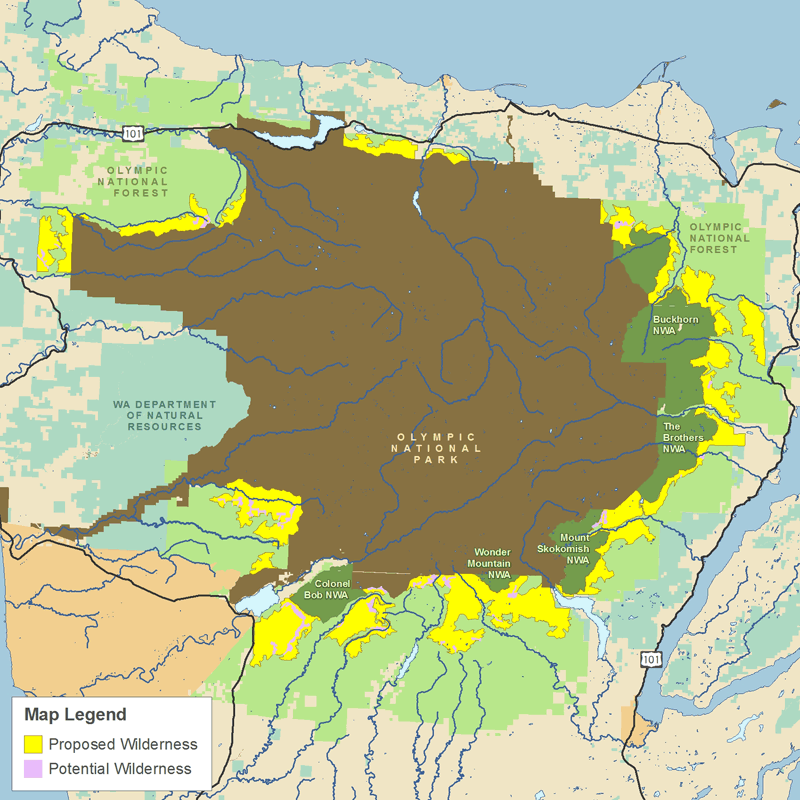
Wilderness
There are many roadless lands and headwaters on Olympic National Forest, such as Mt. Townsend and South Quinault Ridge, that are important upper watersheds for many fish stocks. They provide clean and safe drinking water to local communities and offer outstanding scenery, old-growth forests and trails.

